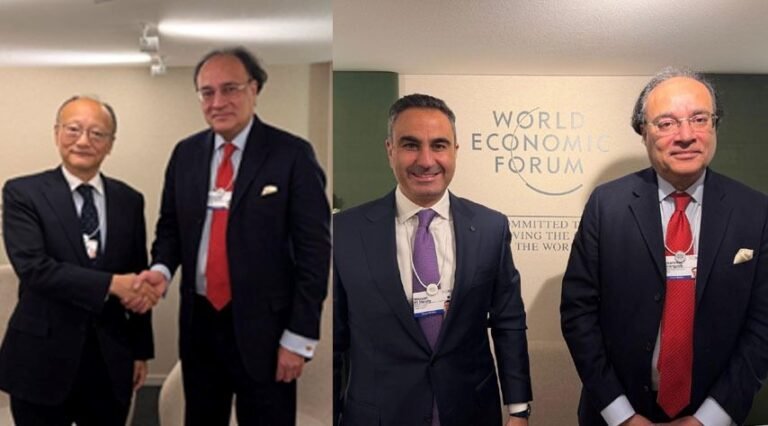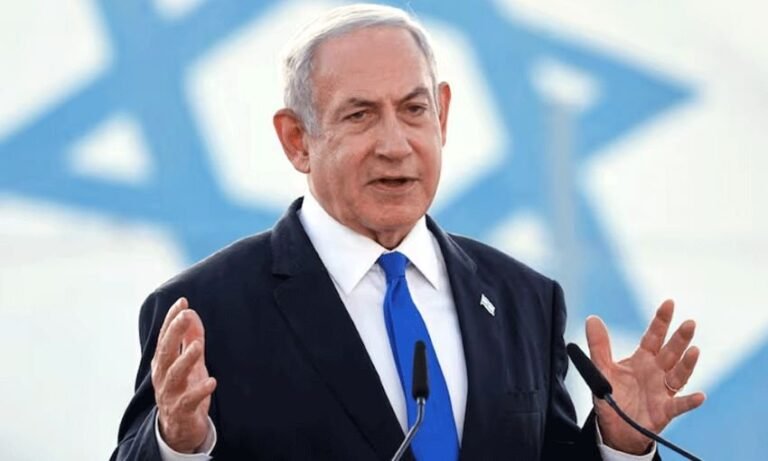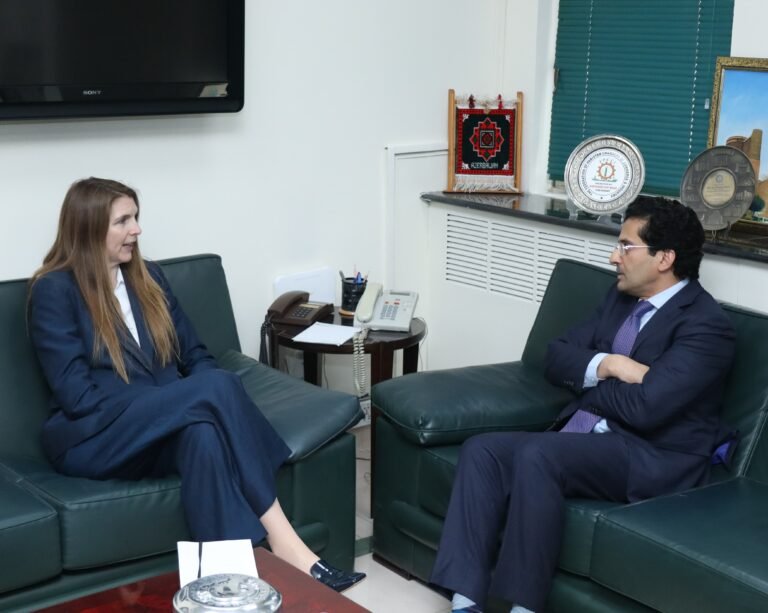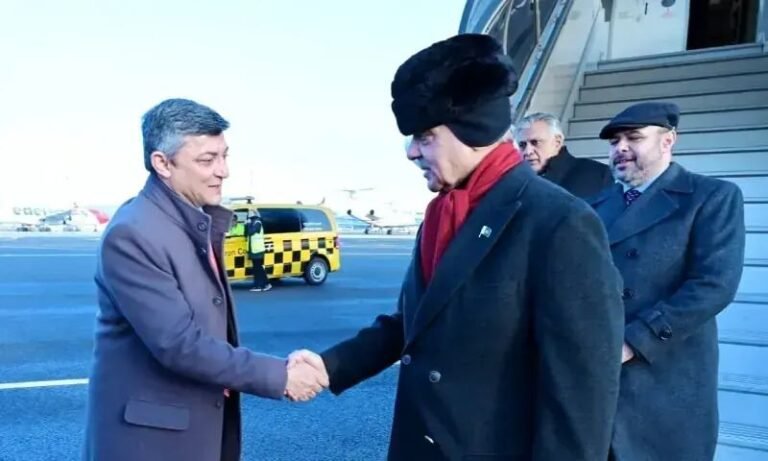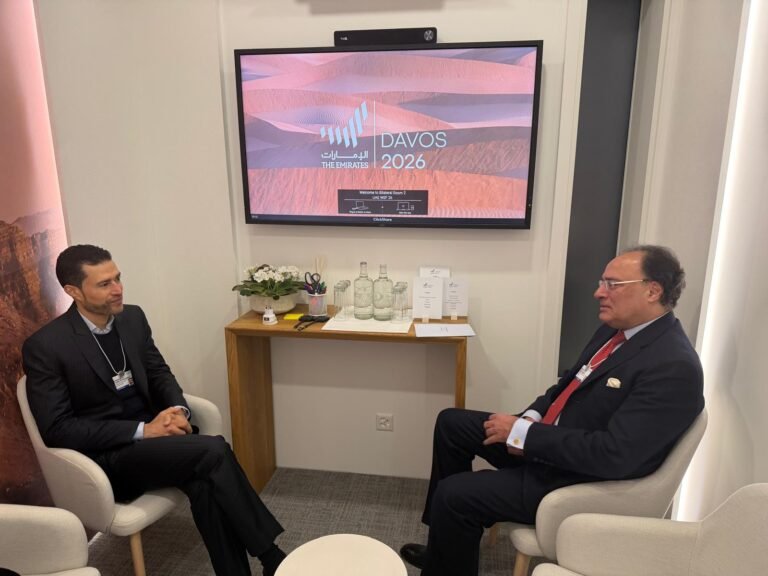United Nations (TDI): Pakistan has firmly opposed the proposed treaty aimed at banning the production of fissile material for nuclear weapons, characterizing it as a discriminatory initiative.
Ambassador Usman Iqbal Jadoon, Deputy Permanent Representative to the UN, expressed these views during a session of the General Assembly’s First Committee on disarmament and international security matters.
He argued that the treaty, which would only curtail future production of fissile material, would perpetuate existing asymmetries and offer no meaningful progress towards nuclear disarmament.
“A treaty which merely results in a cut-off in the future production of fissile material would be a non-starter,” he stated.
Ambassador Jadoon criticized states that do not require additional fissile material, having already stockpiled excess, for advocating what he termed “cost-free proposals.”
He emphasized that these nations are employing diversionary tactics, often with the support of countries that depend on extended deterrence and nuclear-weapon-sharing arrangements.
Also Read: UN Body Commends Pakistan’s Improved Human Rights Record
He further challenged the proponents of the Fissile Material Cut-off Treaty (FMCT), urging them to reject double standards and cease nuclear cooperation with India, which continues to expand its fissile material stockpiles outside of safeguards.
“Short of that, their calls for a moratorium or a cut-off treaty ring hollow,” he remarked.
Reiterating that the FMCT’s approach is fundamentally flawed, Ambassador Jadoon pointed out that the current security landscape is complicated by the weaponization of new and emerging technologies, which could further exacerbate asymmetries among states.
He also noted that India was the first to introduce nuclear weapons in the region, contributing to the nuclearization of the Indian Ocean, and accused it of refusing to commit to a no-testing policy.
Envoy Expresses Concerns over India’s Aggressive Posture
He expressed concerns over India’s aggressive posture toward Pakistan and its dismissal of Security Council resolutions regarding Jammu and Kashmir.
Ambassador Jadoon criticized the largest nuclear-armed states for modernizing their arsenals in defiance of their nuclear disarmament obligations.
He highlighted the need to recognize the links between nuclear disarmament and the legitimate security concerns that drive states to pursue these weapons, such as threats from larger military forces and unresolved disputes.
At the outset of his address, he reaffirmed Pakistan’s commitment to a nuclear weapons-free world achieved through universal, verifiable, and non-discriminatory means.
Also Read: UNESCO Adopts Pakistan’s Disinformation Resolution
He advocated for an international convention on negative security assurances (NSAs) as a means to mitigate global nuclear risks and improve the international security environment.
In conclusion, Ambassador Jadoon expressed Pakistan’s intent to present its traditional draft resolution on NSAs, emphasizing the importance of addressing the security concerns that compel states to seek self-defense measures.
Farkhund Yousafzai is an Associate Editor at The Diplomatic Insight.
- Farkhund Yousafzai
- Farkhund Yousafzai
- Farkhund Yousafzai
- Farkhund Yousafzai



